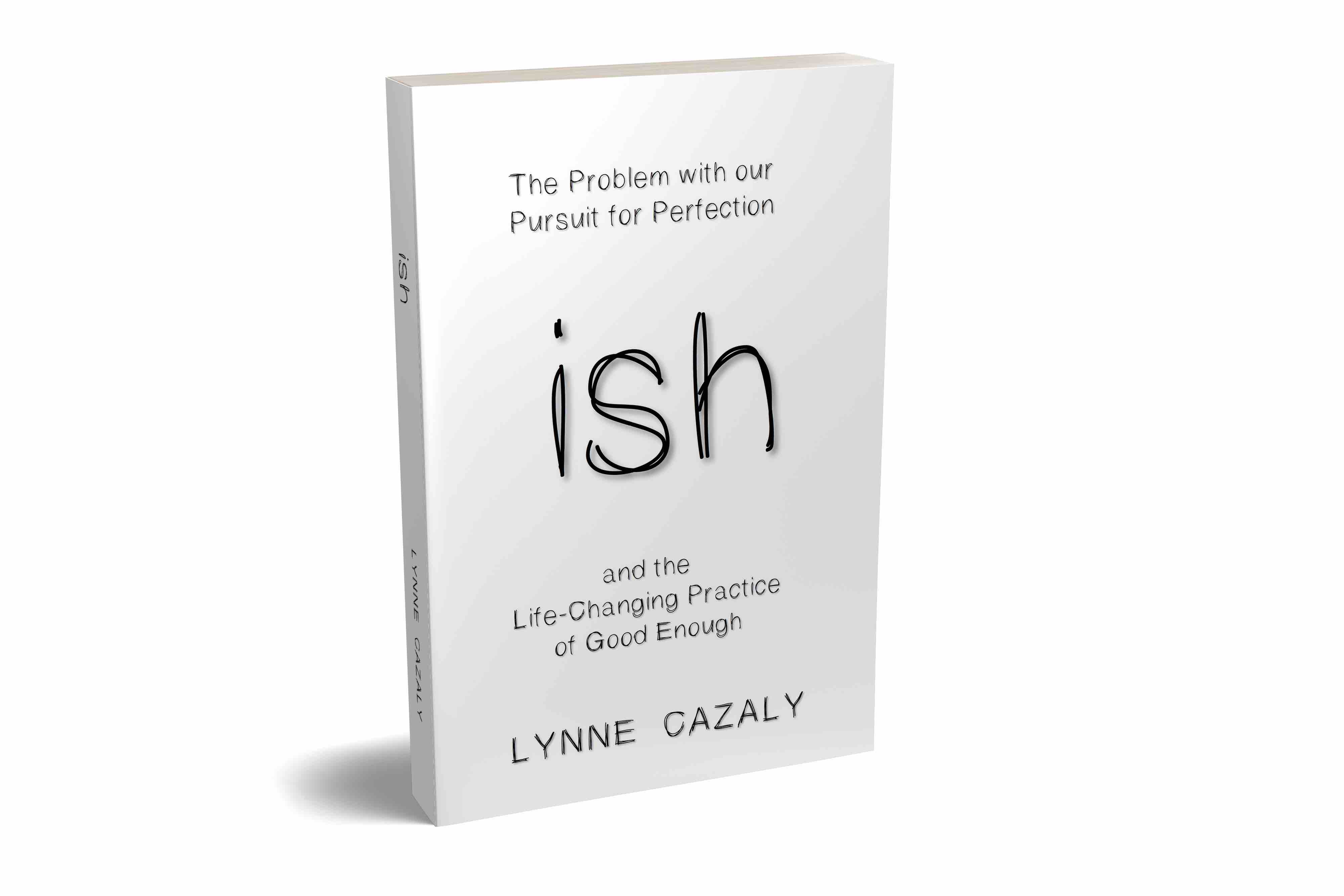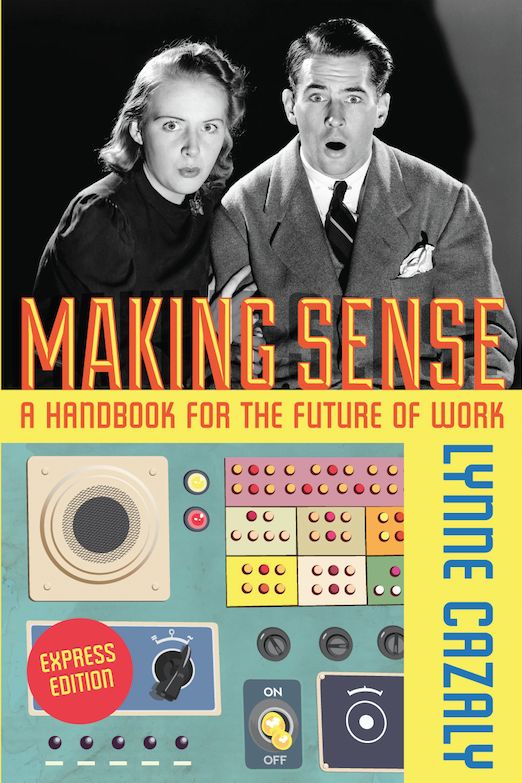The cost of overwhelm
 Wednesday, December 18, 2019 at 10:29AM
Wednesday, December 18, 2019 at 10:29AM  When it hits you, that information overload feeling, what do you do? Panic? Get a coffee? Look at your phone?
When it hits you, that information overload feeling, what do you do? Panic? Get a coffee? Look at your phone?
None of these are helpful.
The feeling of overload, that ‘full sponge’ feeling isn’t pleasant.
Disengagement, distraction and withdrawal are all behaviours connected with information overload.
We try to cope. How often do we nod to say we understand something or have the information in hand, but in reality we're scrambling to catch up, struggling to stay awake or fed up with feigning interest?
Could it be career limiting if we don’t appear smart, sharp and “all over it”, having all the information under our control?
Enough.
It’s time to call out when something doesn’t make sense or the pace, quantity or style of information is overwhelming us.
It’s most likely overwhelming others too. We have a responsibility as communicators of information to guard against information overload in ourselves, and creating overwhelm for others.
We don’t need to suffer. Cognitive load coping is very much a skill for today....and the future.





















